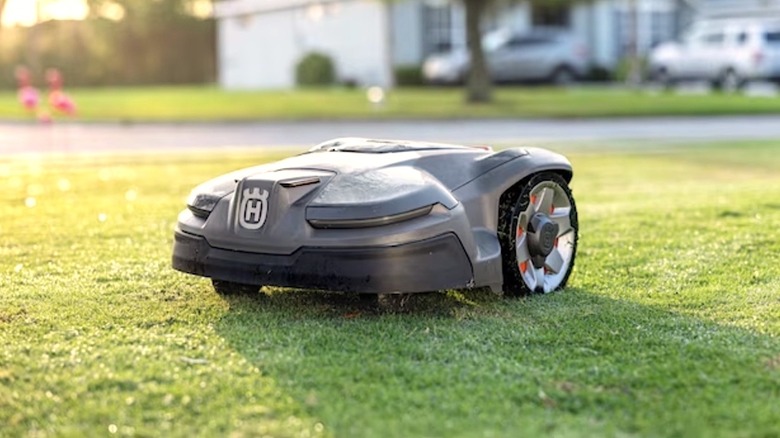In recent years, lawn care automation has emerged as a revolutionary way to maintain lush, green yards with minimal effort. Among the most exciting advancements is the integration of auto lawn mower with smart home systems, which is transforming how homeowners manage their outdoor spaces. This article explores the benefits, technology, and future potential of combining automated lawn care devices with smart home ecosystems.
The Rise of Lawn Care Automation
Traditional lawn maintenance requires significant time, energy, and physical effort. However, the advent of robotic lawn mowers has changed the game by offering automated mowing solutions that operate independently. These devices use sensors, GPS mapping, and programmable schedules to maintain lawns with precision and efficiency.
Lawn care automation brings convenience and consistency, ensuring that your grass is always trimmed without manual intervention. The integration of these mowers into broader smart home systems takes this convenience to the next level.
How Auto Lawn Mowers Work with Smart Home Systems
Integrating auto lawn mowers with smart home systems allows homeowners to control their lawn care routines remotely via smartphone apps or voice commands. Using platforms like Amazon Alexa, Google Assistant, or Apple HomeKit, users can start, stop, or schedule mowing sessions without being physically present in the yard.
Many smart lawn mowers connect through Wi-Fi or Bluetooth and can sync with other smart devices, such as weather sensors or irrigation controllers. This integration enables more intelligent lawn care—for example, pausing mowing during rain or adjusting schedules based on weather forecasts.
Benefits of Lawn Care Automation Integration
- Convenience and Time-Saving: Automating lawn mowing within your smart home system frees you from regular lawn maintenance chores.
- Energy Efficiency: Many robotic mowers are battery-powered and use energy more efficiently than traditional gas mowers, reducing carbon footprints.
- Improved Lawn Health: Smart scheduling and sensor feedback help maintain optimal grass height and avoid overcutting, promoting healthier lawns.
- Remote Monitoring and Control: Users can monitor mower status and receive alerts, ensuring smooth operation even when away from home.
Challenges and Considerations
While lawn care automation through integrated smart systems offers numerous advantages, there are some challenges to consider. Initial costs for robotic mowers and smart home hubs can be high. Additionally, installation and setup may require technical know-how, especially when integrating multiple smart devices.
Furthermore, lawn size and terrain complexity might limit the effectiveness of some robotic mowers. However, continuous advancements in AI and sensor technology are rapidly addressing these limitations.
The Future of Lawn Care Automation
As smart home technologies evolve, the potential for lawn care automation grows exponentially. Future systems could incorporate AI-driven lawn health analysis, automated fertilization, and more seamless integration with garden irrigation and lighting systems.
By adopting auto lawn mowers integrated with smart home ecosystems, homeowners not only enhance convenience but also contribute to sustainable, eco-friendly lawn care practices.


